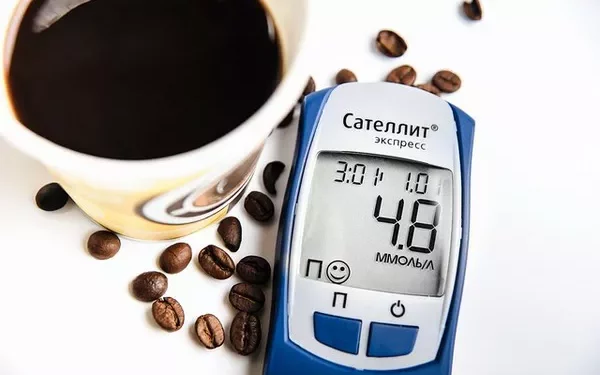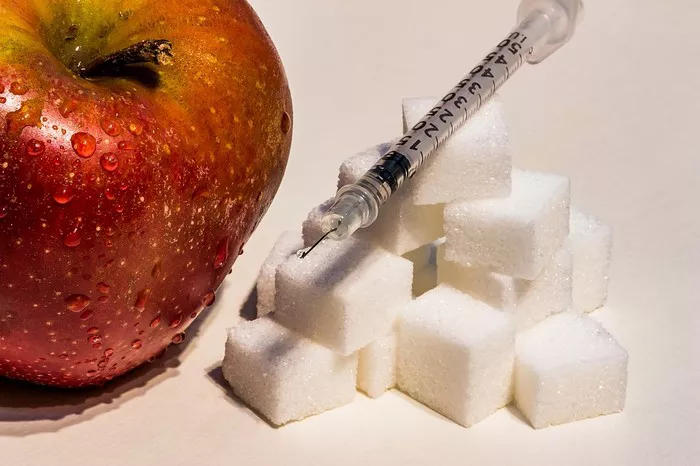Caffeine, a widely consumed stimulant found in coffee, tea, and various other beverages and foods, is known for its effects on alertness, mood, and cognitive function. It is also a common part of many people’s daily routines. While moderate caffeine consumption is generally considered safe for most individuals, there is ongoing debate about its impact on various aspects of health, including blood glucose levels. One area of interest is whether excessive caffeine intake can lead to hypoglycemia, or low blood sugar. This article delves into the relationship between caffeine consumption and blood glucose regulation, examining the mechanisms involved and the potential implications for individuals with diabetes and those concerned about their blood sugar levels.
Understanding Caffeine and Its Effects
1. What Is Caffeine?
Caffeine is a natural stimulant that affects the central nervous system. It is found in coffee beans, tea leaves, cocoa beans, and some plants. Caffeine works primarily by blocking adenosine receptors in the brain, which helps to reduce fatigue and increase alertness. It also stimulates the release of neurotransmitters like dopamine and norepinephrine, which can enhance mood and cognitive function.
2. Caffeine Metabolism
Once ingested, caffeine is rapidly absorbed into the bloodstream and metabolized by the liver. The liver enzyme cytochrome P450 1A2 (CYP1A2) plays a crucial role in breaking down caffeine. The half-life of caffeine— the time it takes for the concentration of caffeine in the blood to reduce by half—varies among individuals but generally ranges from 3 to 5 hours. Factors such as age, liver function, and genetic variations in caffeine metabolism can influence how quickly caffeine is processed.
Blood Sugar Regulation and the Impact of Caffeine
1. How Blood Sugar Levels Are Regulated
Blood glucose levels are tightly regulated by various hormones and mechanisms in the body. Key players include:
Insulin: Produced by the pancreas, insulin facilitates the uptake of glucose by cells and helps lower blood sugar levels.
Glucagon: Also produced by the pancreas, glucagon stimulates the release of glucose from the liver when blood sugar levels are low.
Adrenaline (Epinephrine): Released by the adrenal glands during stress or low blood sugar, adrenaline increases blood glucose levels by stimulating glycogen breakdown in the liver.
2. Caffeine’s Effect on Blood Sugar Regulation
Caffeine has been shown to have complex effects on glucose metabolism and insulin sensitivity. Research on the relationship between caffeine and blood glucose levels is ongoing, but several mechanisms have been identified:
Insulin Sensitivity: Some studies suggest that caffeine can impair insulin sensitivity, meaning that the body’s cells become less responsive to insulin. This can lead to higher blood glucose levels. However, the impact on insulin sensitivity can vary based on individual factors such as genetics and habitual caffeine consumption.
Hormonal Response: Caffeine stimulates the release of stress hormones such as cortisol and adrenaline. These hormones can increase blood glucose levels by promoting glucose release from the liver and reducing insulin sensitivity.
Glycogenolysis: Caffeine may enhance glycogenolysis, the process by which stored glycogen is converted into glucose in the liver. This can potentially elevate blood glucose levels, especially during periods of fasting or low carbohydrate intake.
Caffeine and Hypoglycemia: The Evidence
1. Research Findings
The relationship between caffeine and hypoglycemia (low blood sugar) is less well-studied compared to its effects on hyperglycemia (high blood sugar). However, existing research provides some insights:
Acute Effects: Some studies suggest that caffeine consumption can cause a transient increase in blood glucose levels, which may be followed by a period of lower blood sugar, especially in individuals with diabetes or those sensitive to insulin. This could potentially lead to hypoglycemia if the initial glucose surge is followed by an excessive insulin response or if glucose levels drop too low.
Long-Term Effects: Long-term caffeine consumption has been associated with varying effects on blood glucose levels. For example, some studies have found that regular caffeine intake is not strongly associated with increased risk of hypoglycemia in people with diabetes. However, individuals with impaired glucose regulation or those who consume very high amounts of caffeine may experience fluctuations in blood sugar levels.
2. Individual Variability
The impact of caffeine on blood glucose levels can vary widely among individuals. Factors influencing this variability include:
Caffeine Tolerance: Regular caffeine consumers may develop tolerance to some of the effects of caffeine, including its impact on glucose metabolism.
Genetic Factors: Genetic variations in caffeine metabolism and insulin sensitivity can influence how caffeine affects blood glucose levels. For instance, individuals with certain genetic profiles may be more sensitive to caffeine’s effects on insulin.
Health Status: People with pre-existing health conditions, such as diabetes or metabolic syndrome, may experience different effects from caffeine compared to healthy individuals.
Implications for Individuals with Diabetes
1. Monitoring Blood Sugar Levels
For individuals with diabetes, particularly those who are managing their condition with insulin or other glucose-lowering medications, it is important to monitor blood sugar levels regularly. Caffeine consumption should be considered as part of overall dietary and lifestyle management. Individuals may need to track their blood glucose responses to different levels of caffeine intake and adjust their management strategies accordingly.
2. Moderation and Balance
Moderation is key when it comes to caffeine consumption. While moderate caffeine intake is generally safe for most people, excessive consumption can lead to fluctuations in blood glucose levels and potentially impact overall diabetes management. It is advisable for individuals with diabetes to limit caffeine intake and maintain a balanced diet to support stable blood glucose levels.
3. Consulting Healthcare Providers
Individuals with diabetes or other health conditions should consult their healthcare providers before making significant changes to their caffeine consumption. Healthcare providers can offer personalized guidance based on individual health profiles, medication use, and overall diabetes management goals.
Strategies for Managing Caffeine Intake
1. Monitoring and Adjusting
To understand how caffeine affects your blood glucose levels, consider monitoring your blood sugar before and after consuming caffeinated beverages. This can help identify any patterns or changes in glucose levels associated with caffeine intake.
2. Choosing Caffeine Sources Wisely
Opt for beverages with lower caffeine content, such as green tea or herbal teas, which may have a milder impact on blood glucose levels compared to coffee or energy drinks. Be mindful of added sugars and other ingredients in caffeinated beverages that can affect blood glucose.
3. Balancing Caffeine with Food and Drink
Consuming caffeine with meals or snacks that contain carbohydrates can help mitigate potential fluctuations in blood glucose levels. This approach can help maintain more stable blood sugar levels and prevent sudden drops in glucose.
See also: What Level of Hyperglycemia is Dangerous?
Conclusion
The relationship between caffeine consumption and blood glucose levels is complex and influenced by various factors, including individual genetics, caffeine tolerance, and overall health status. While moderate caffeine intake is generally safe for most individuals, excessive consumption can lead to fluctuations in blood sugar levels and potentially contribute to hypoglycemia in susceptible individuals.
For people with diabetes, managing caffeine intake involves monitoring blood sugar levels, choosing caffeine sources wisely, and consulting healthcare providers for personalized advice. By understanding how caffeine affects blood glucose regulation and implementing strategies to manage intake, individuals can support better diabetes management and overall health.
As research continues to evolve, further studies may provide additional insights into the nuanced effects of caffeine on blood sugar levels, helping individuals make informed decisions about their caffeine consumption and diabetes management.
Related topics:
What Type of Diabetes Can Be Reversed?

























